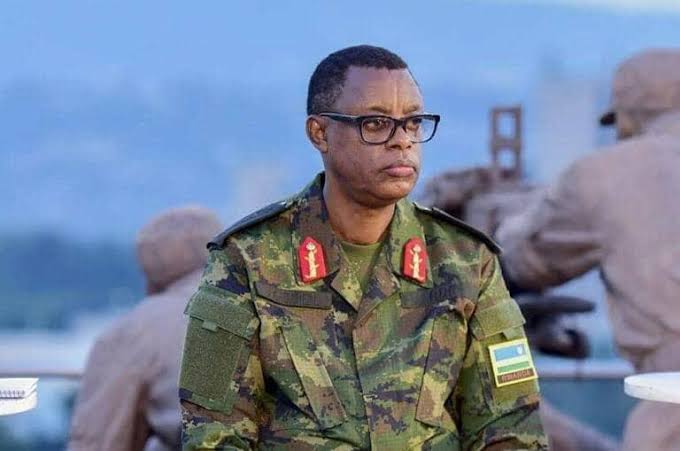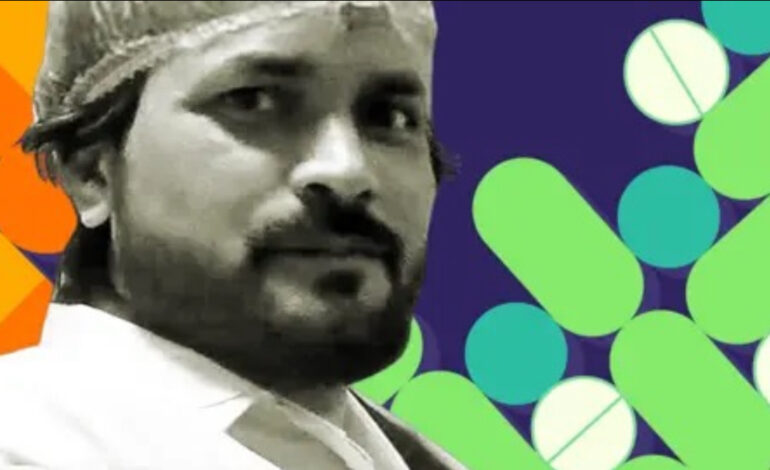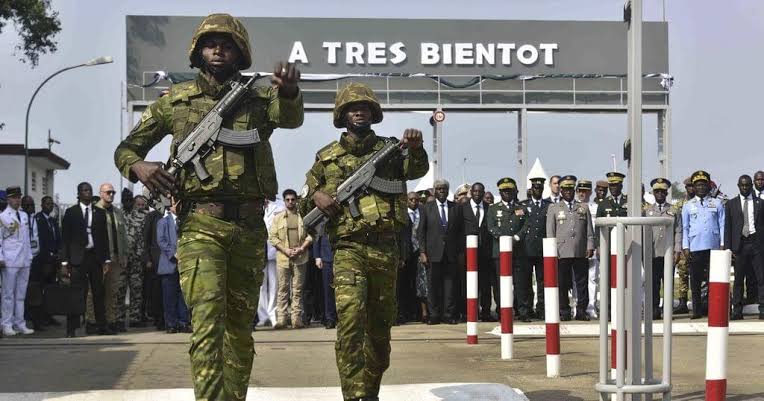
Faith Nyasuguta
The United States has imposed sanctions on a high-ranking Rwandan government minister and a senior militant leader over their alleged involvement in the ongoing conflict in the eastern Democratic Republic of Congo (DRC), which has intensified in recent weeks, worsening an already dire humanitarian crisis.
The U.S. Department of the Treasury announced on Thursday that James Kabarebe, Rwanda’s Minister of State for Regional Integration and a retired general, is being sanctioned for his central role in supporting the M23 rebel group. The M23, a Rwanda-backed militia, has been leading a renewed offensive in eastern DRC, overrunning two major cities and triggering fears of broader regional instability.
“This aggression has undermined the territorial integrity of the DRC,” said U.S. State Department spokesperson Tammy Bruce, calling on Rwanda to end its backing of M23 and commit to peace talks under the Angola-led mediation process. She further warned, “This violence risks escalating into a broader regional conflict.”

The M23 rebel group, which emerged in 2012, claims to protect ethnic Tutsis in the DRC but has been accused of severe human rights abuses. The group was sanctioned by the U.S. in 2013 for crimes including the recruitment of child soldiers, civilian killings, and sexual violence.
The Treasury Department revealed that Kabarebe has been instrumental not only in Rwanda’s military support for M23 but also in the illicit exploitation of the DRC’s vast mineral wealth. “Kabarebe manages much of Rwanda and M23’s generation of revenue from the DRC’s mineral resources,” the statement read.
“He has coordinated the export of extracted minerals from mining sites in the DRC for eventual export from Rwanda.” The illegal mineral trade has long been a driving force behind conflict in the resource-rich eastern DRC, where armed groups profit from the extraction of gold, coltan, and other valuable resources.
The U.S. also imposed sanctions on Lawrence Kanyuka Kingston, a senior member and spokesperson for both M23 and the Congo River Alliance, a coalition of armed groups, and two companies he controls in the United Kingdom and France.

Rwanda has consistently denied accusations from the DRC government, the United Nations, and Western powers that it supports M23 with arms and troops. Kigali argues that it is acting in self-defense against the Democratic Forces for the Liberation of Rwanda (FDLR), a Hutu militia operating in eastern DRC, some of whose members are linked to the 1994 Rwandan genocide.
Reacting to the sanctions, Rwandan government spokesperson Yolande Makolo dismissed them as counterproductive. “Sanctions are unjustified. The international community should support, not undermine, ongoing regional efforts towards a political solution,” she said. “If sanctions could resolve conflict in eastern DRC, we would have had peace in the region decades ago.”
The conflict in eastern DRC has displaced millions and caused widespread suffering, with civilians caught between warring factions. The U.S. sanctions aim to pressure Rwanda to withdraw its support for M23 and encourage renewed efforts toward a diplomatic resolution. However, with regional tensions running high, the path to peace still remains uncertain.
RELATED:








